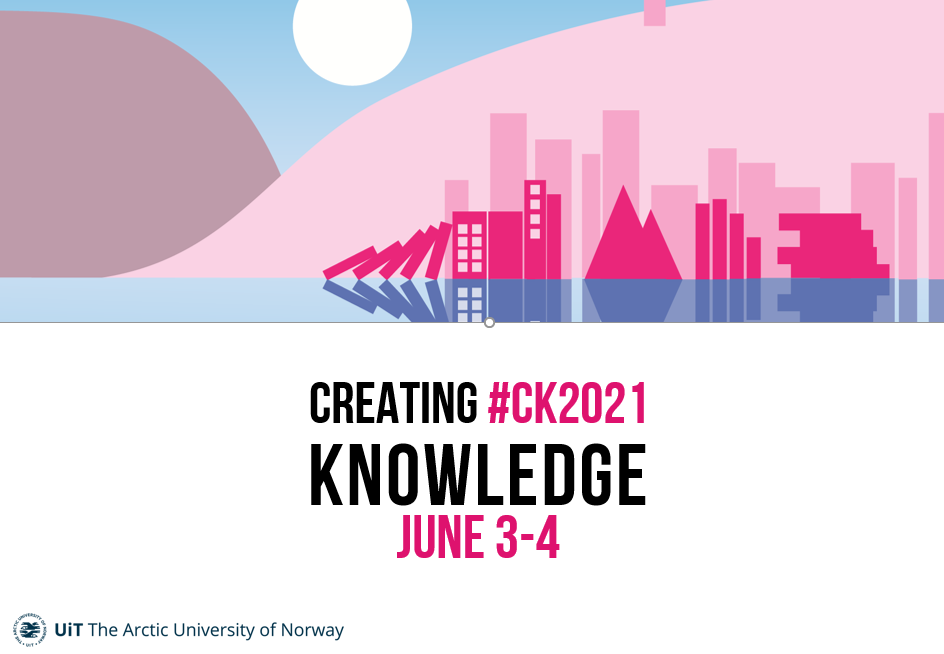An academic kickstart
How librarian involvement enhances students’ academic literacy
DOI:
https://doi.org/10.7557/5.5836Keywords:
academic integration, academic literacy, andragogy, nursing education, education program development, infromation literacyAbstract
In 2017 only 30 students out of 120 inthe nursing education program passed the examination assignment, a scientific report,on their first course. The coordinators of the course set out together withtheir liaison librarian to change the depressing scores. They developed change in the course content and assignments were made to strengthen the students’ academic literacy. The teachers offered lectures about the nursing profession,science and nursing theory, the research process, ethics, communication and scientific writing. The liaison librarian developed a set of five lectures, workshops and a reference quiz. The content of the five lectures is:
•Brief library introduction
•Reference management in Active Learning Classrooms
•How to search for references and how to review scientific articles,lecture and workshop
•How to search for scientific articles in Cinahl, lecture and workshop
•An openfive-hour workshop together with librarians, Supplemental Instruction leaders1 and writing instructors from the Language Resource Center.
Instead of diminishing the academic literacy demands,the course content has been increased with extended academic literacy training and the students’ tasks rely more than ever on scientific grounds. The changes were made to give all the students prerequisites to successfully pass the course carrying more knowledge with higher academic literacy and thus being better equipped for the rest of their education.This semester 90 of 120 students passed the scientific report examination on their first attempt. This session, An Academic Kickstart, will explain how the developmental change evolved and how the principles of andragogy and the implicit effort to locate the students’ point of departure have enhanced the students’ learning process and academic literacy.
1A Supplemental Instructor is a student who already has passed the course and help other students to understand the concepts of the course content and to find effective study strategies https://www.hv.se/en/student/jobb-och-karriar/si-leader
Metrics
References
Anving, T., Badersten, B., Grandsjö, L., Gustavsson, J., Hedlund, M., Jönsson, K., & Zettergren, A. (2012). Informationskompetens –generella färdigheter för fördjupatlärande. I M. Irhammar, G. Amnér, & H. Adell (Red.), Proceedings, Lunds universitetsutvecklingskonferens 11, s.107–116. Lunds universitet. https://lup.lub.lu.se/search/ws/files/5616439/2301973.pdf
Donovan, C., & Erskine-Shaw, M. (2019). ‘Maybe I can do this. Maybe I should be here’: evaluating an academic literacy, resilience and confidence programme. Journal of Further and Higher Education, 44(3),326-340. https://doi.org/10.1080/0309877X.2018.1541972
Franzon, A. (2019). Högskoleförberedelse i gymnasiebibliotek: Utbildningsbibliotekens roll för ungas övergång från gymnasie-till högskolestudier. [Masteruppsats].Uppsala Universitet. http://urn.kb.se/resolve?urn=urn:nbn:se:uu:diva-388545
Gold, H. E. (2005). Engaging the adult learner: Creating effective library instruction. portal: Libraries and the Academy, 5(4), 467-481. https://doi.org/10.1353/pla.2005.0051
Hedin, A. (2006). Lärande på högnivå :idéer från studenter, lärare och pedagogisk forskning som stöd för utveckling av universitetsundervisning. Uppsala: Avdelningen för utveckling av pedagogik och interaktivt lärande (UPI), Uppsala universitet. https://mp.uu.se/documents/432512/1163536/Larandepahog+niva.pdf/cd973da7-863a-e6a2-4337-d2c8b3a3de2b
Jahnke, A. (2019). Utveckla utbildning: vetenskaplig grund, beprövad erfarenhet, tyst kunskap. Liber.
Knowles, M.S., HoltonIII, E.F. & Swanson, R.A. (2015). The adult learner: the definitive classic in adult education and human resource development. (8.uppl.). Routledge.
Kocevar-Weidinger, E., Cox, E.,Lenker, M., Pashkova-Balkenhol, T., & Kinman, V. (2019 On their own terms: First-year student interviews about everyday life research can help librarians flip the deficit script. Reference Services Review, 47(2), s. 169-192. https://doi.org/10.1108/RSR-02-2019-0007
Krutkowski, S. (2017). A strengths-based approach to widening participation students in higher education. Reference Services Review. 45(2). 227-241. https://doi.org/10.1108/RSR-10-2016-0070
Pashkova-Balkenhol, T., Lenker, M., Cox, E., & Kocevar-Weidinger, E. (2019). Should we flip the script? .Journal of Information Literacy, 13(2), 92-111. https://doi.org/10.11645/13.2.2619
Rosenblatt, S. (2010). They can find it, but they don’t know what to do with it: Describing the use of scholarly literature by undergraduate students. Journal of Information Literacy, 4(2), 50-61. https://doi.org/10.11645/4.2.1486





